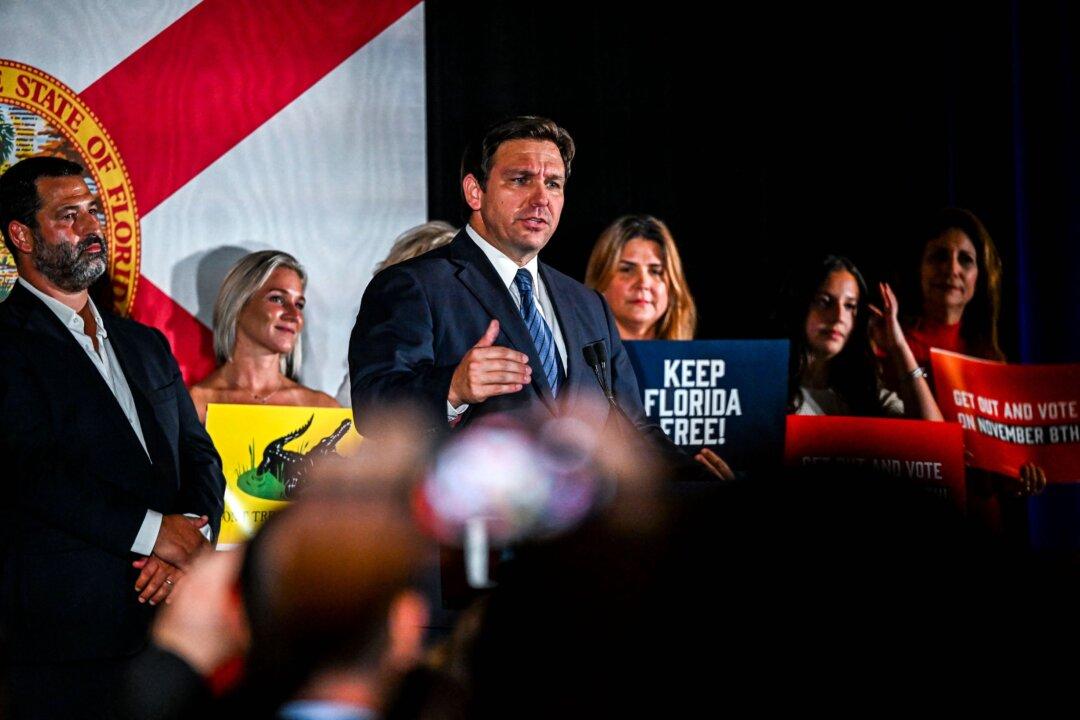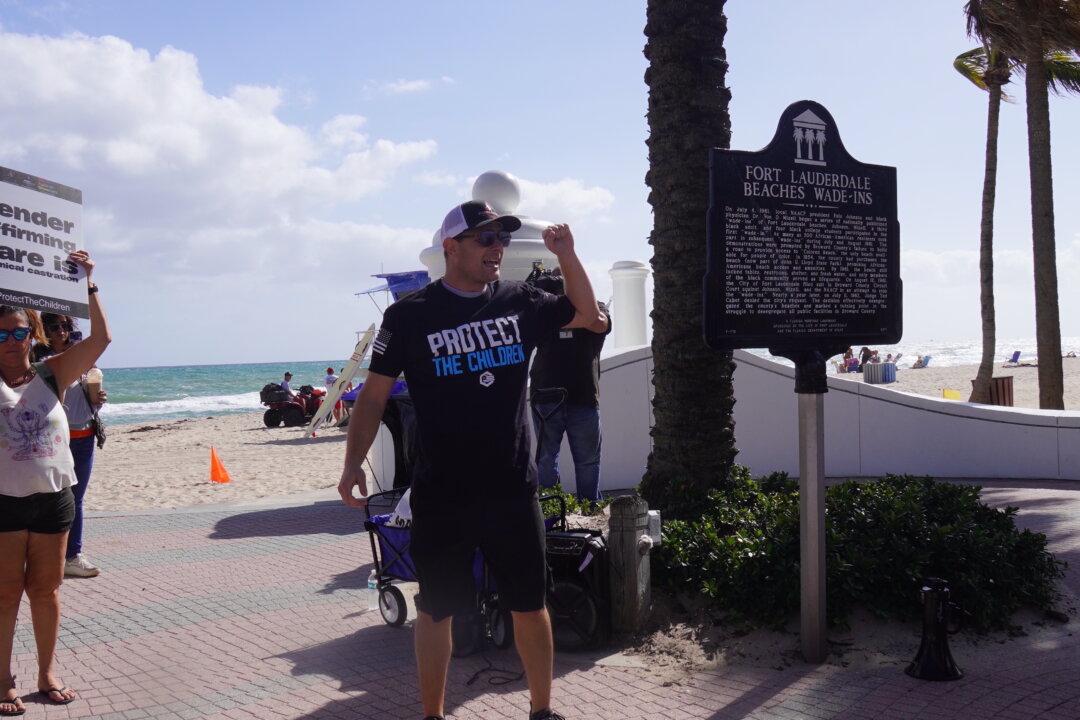PUNTA GORDA, Fla.—A Miami judge on Oct. 21 approved a motion to dismiss an elections fraud case brought by Florida Gov. Ron DeSantis’ Election Crimes Unit.
The state had charged Robert Wood and 19 other people with election fraud in August after a state roundup by the Election Crimes Unit, a new body that the governor put together in an effort to clean up voter rolls and charge those who have violated election laws.




